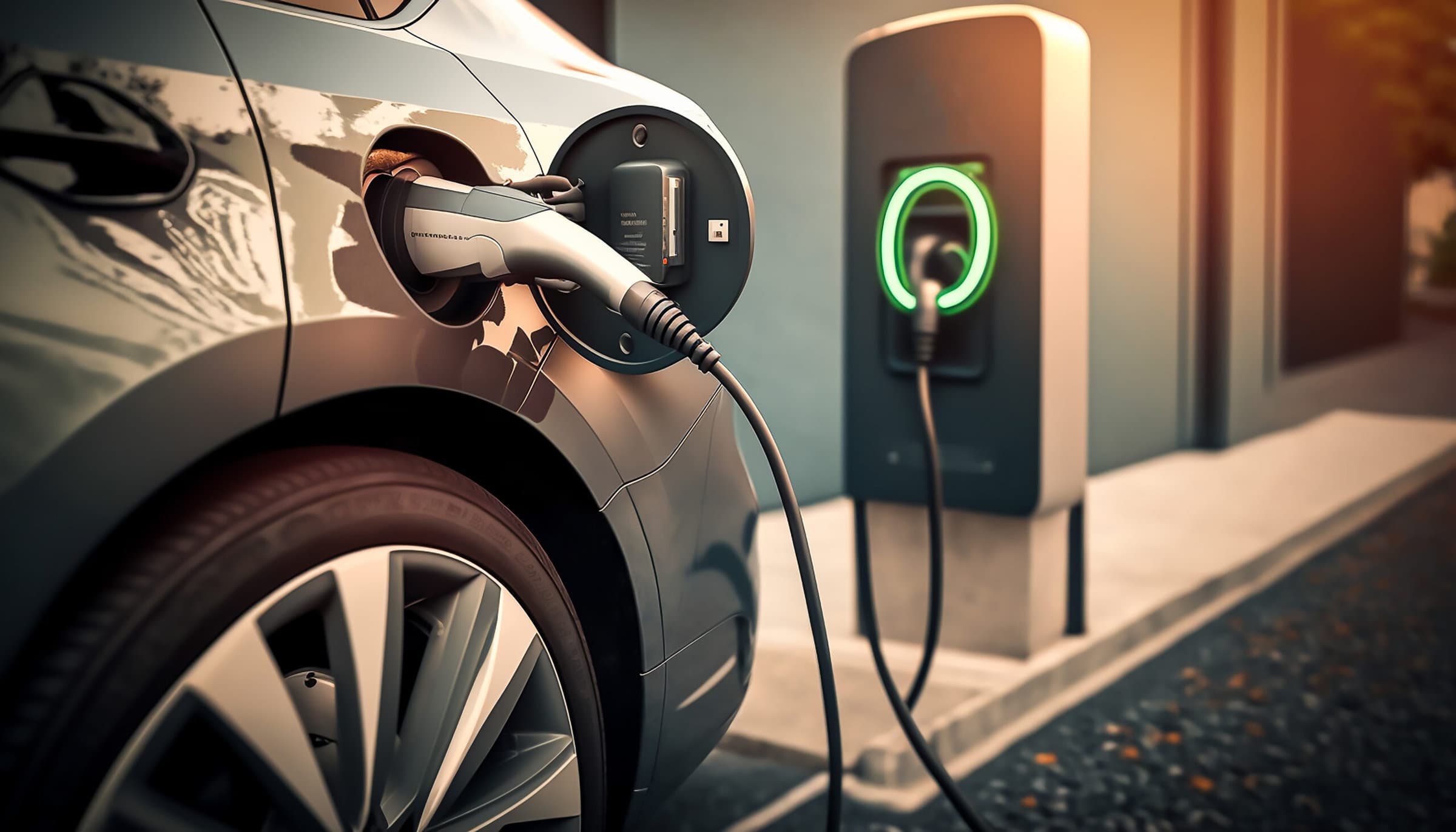As the United States, and indeed the world, shifts toward clean energy, most construction businesses will need to contemplate converting their fleets to electric vehicles (EVs). Whether your company should start investing in EVs now or in the near future will depend on a careful analysis of the costs vs. benefits.
Potential benefits
So, why go electric? The first reason is perhaps the most obvious: Using EVs should lower fuel costs for your construction business — depending on how many gas-powered vehicles, and how much gas-powered equipment, you continue to use. In addition, given that they have far fewer mechanical parts than traditional vehicles, EVs tend to have lower maintenance costs and fewer breakdowns.
Another reason may also be obvious but is still important to consider. Deploying EVs will generally reduce your construction business’s carbon footprint. That’s not only good for the environment, but may also appeal to customers, job candidates, investors and the community in which you operate.
Tax incentives
Tax credits and other incentives can greatly enhance your return on investment in qualified EVs. For example, the federal commercial clean vehicle credit allows you to claim up to $40,000 per vehicle for qualified commercial clean vehicles with a gross vehicle weight rating (GVWR) of 14,000 pounds or more, and $7,500 for eligible vehicles with a GVWR of less than 14,000 pounds. The credit equals the lesser of:
- 15% of your basis in the vehicle (30% if the vehicle is completely electric), or
- The vehicle’s incremental cost, defined as “the excess of the purchase price of a qualified commercial clean vehicle over the price of a comparable [gas or diesel fuel-powered] vehicle.”
To qualify for the credit, EVs need to meet various requirements. They must be subject to a depreciation allowance, be made by a qualified manufacturer as determined by the IRS and be used primarily in the United States for business purposes rather than held for resale. Eligible EVs need to meet certain battery capacity standards as well. In addition, they must be:
- Manufactured primarily for use on public streets, roads and highways, or
- Properly classified as “mobile machinery,” which includes vehicles designed specifically to transport specialized construction machinery.
Other rules may apply. Bear in mind that tax incentives may also be available for the installation of EV charging equipment on your property.
A major investment
Acquiring multiple EVs for business use will be a major capital investment for your construction company. So, if you’re considering it, ask your CPA to help you weigh the relative costs and benefits, as well as to assist you in identifying all available tax incentives.
© 2024


